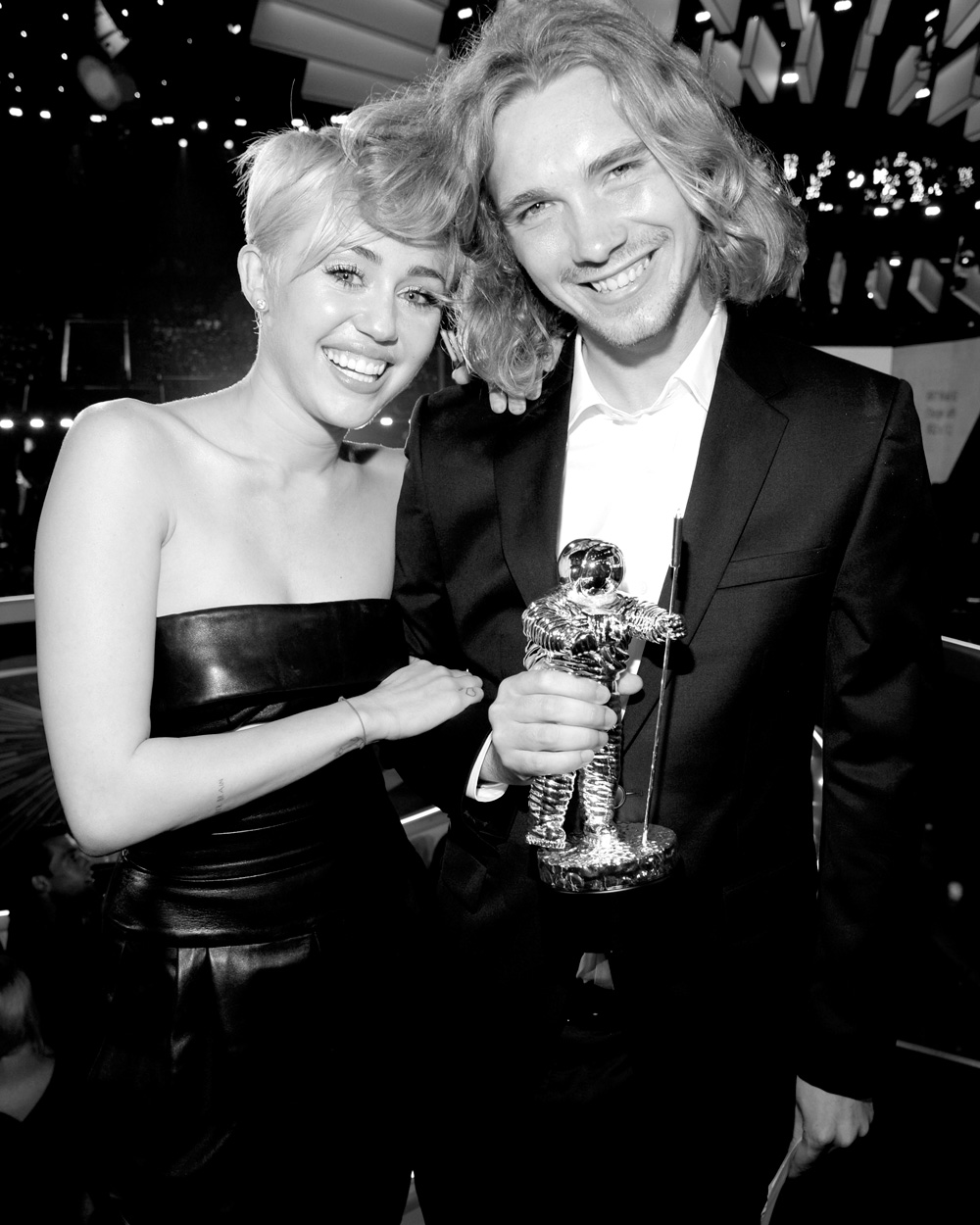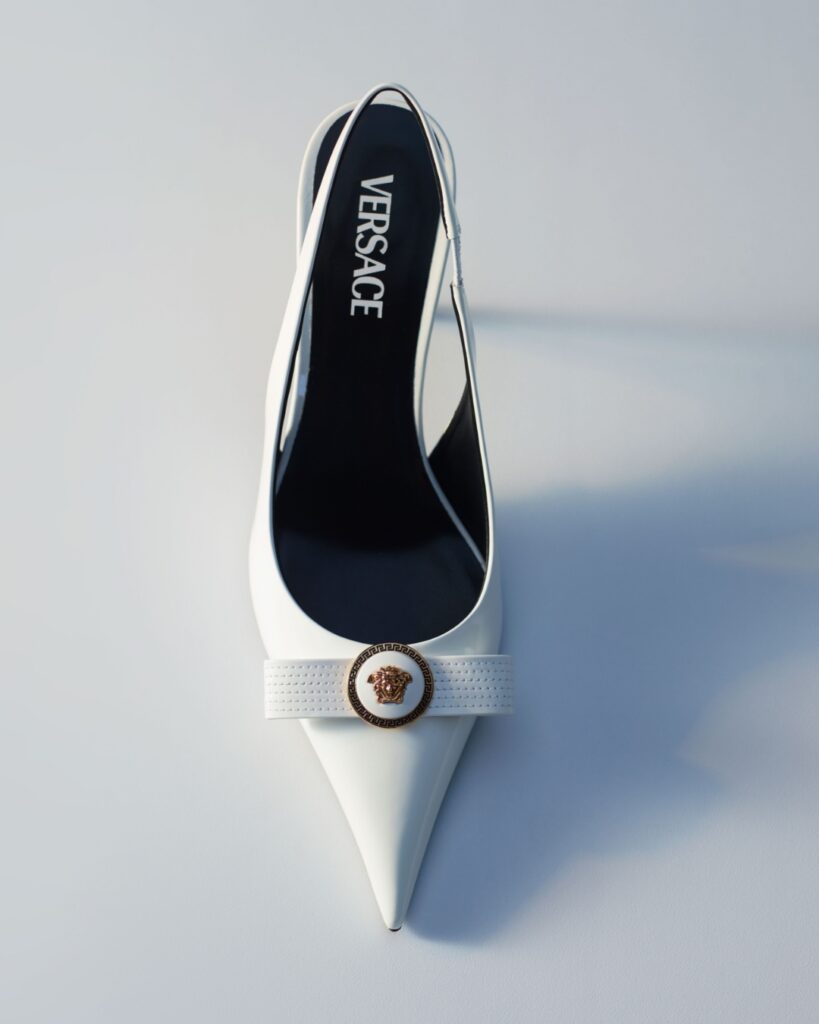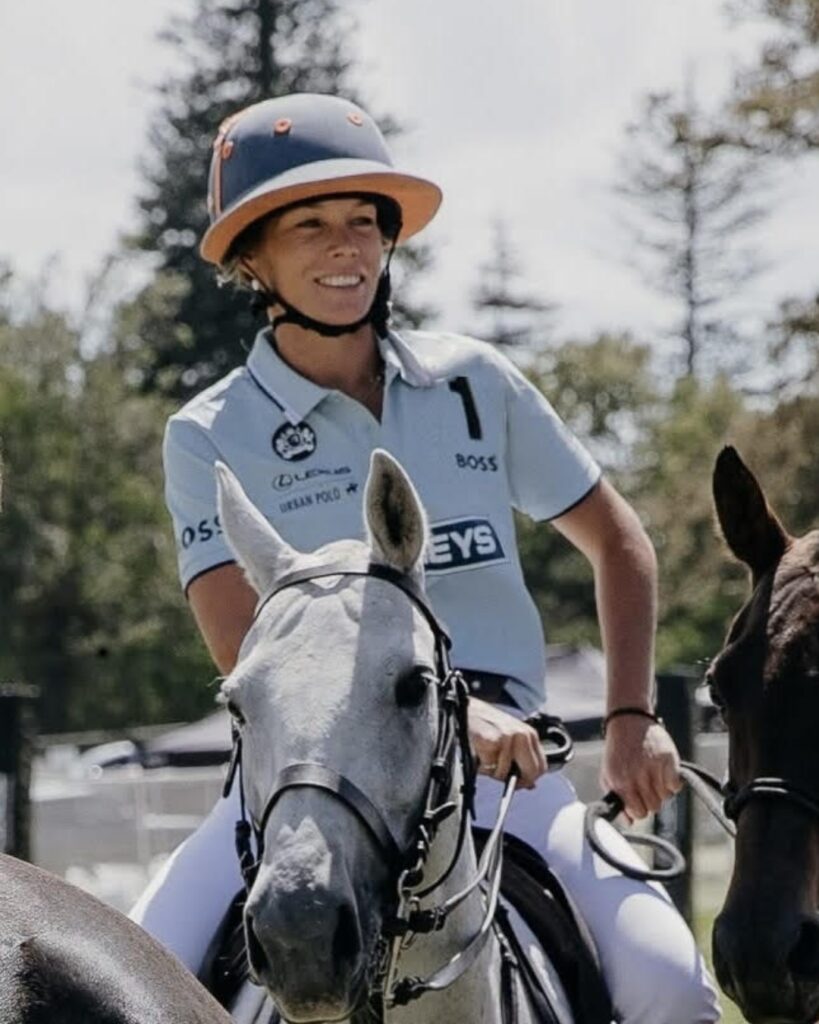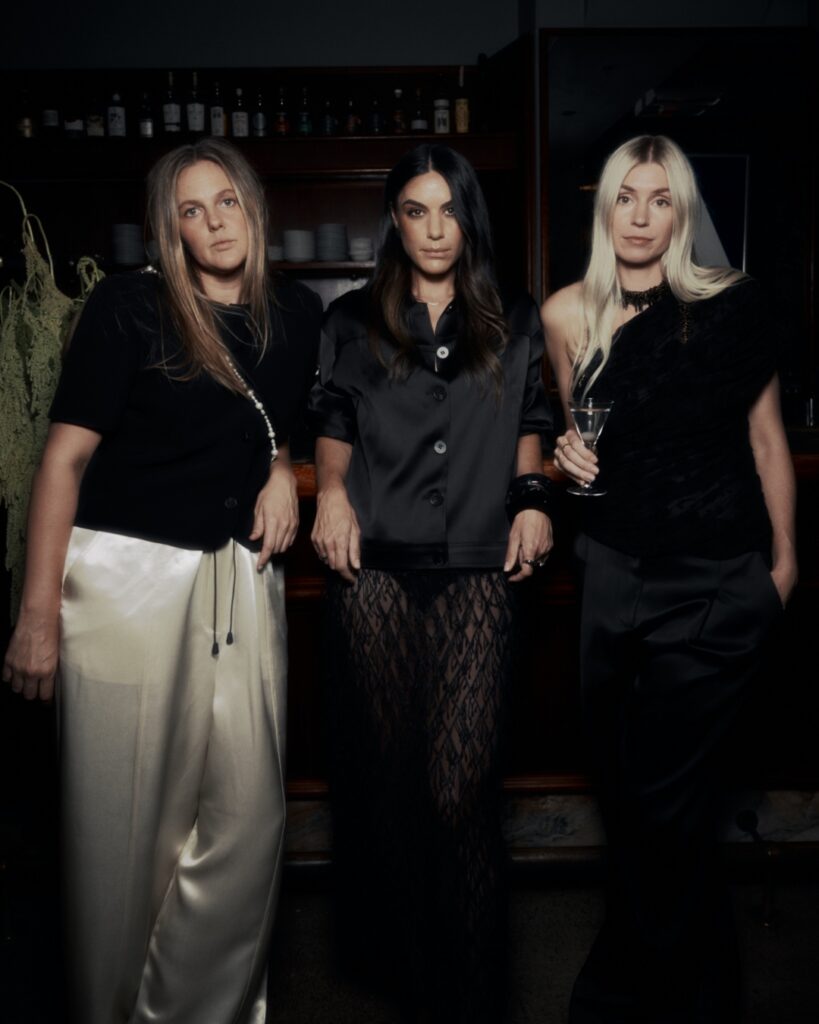From individuals to corporates, community engagement and social responsibility are for the greater good of everyone
When Miley Cyrus isn’t dying her armpit hair bright pink, you might be surprised to know what else she’s working on. “The position I’m in, I feel like I’ve got a lot of power” she said recently. “When you have all eyes on you, what are you saying? And that’s what I had to ask myself…”
At 22, with more eyes on her than ever before, Cyrus has done something that no one saw coming: she has launched a non-profit organisation called the Happy Hippie Foundation to help homeless and LGBT youth in Los Angeles. The Foundation claims that 1.6 million American youth are homeless each year and 40 per cent of those identify as LGBT – issues that concerned Cyrus enough that she decided to act. “It’s not going to be an overnight process,” she said. “You’ve got to get into people’s brains and you’ve got to really make this a topic.”
Awareness and activism around social and environmental issues are no longer the domain of what your grandma might have called “the socks-and-sandals brigade”. In the Australian Financial Review last year, journalist Marion Hume discussed the bold moves of Francois-Henri Pinault, the CEO of luxury group Kering, which owns Balenciaga, Saint Laurent, Gucci, Stella McCartney, Alexander McQueen and others. Pinault became CEO in 2005 and committed in excess of $14 million to sustainable methods of production.
The company announced self-imposed sustainability targets, and almost immediately began making changes where they identified problems. He also committed the company to publish an ethical profit-and-loss report by 2016 and to share his learnings with other companies for free.
Doing good is increasingly becoming an essential part of smart business, where purpose and profitability go hand in hand. A shift has occurred and as Hume put it, “The adage ‘No one wants a bleeding heart in the boardroom’ looks old-fashioned”.
Of course, there was a time when embarking on such a confronting process was exactly what a company like Kering would do their best to avoid. Ignorance is no longer bliss and the consumer has spoken. More than half (55 per cent) of global respondents in a 2014 Nielsen survey said they are willing to pay extra for products and services from companies that are committed to positive social and environmental impact. Similarly, New York’s Reputation Institute spoke to 47,000 people and found that 42 per cent of how people feel about a company is based on their perceptions of the firm’s corporate social responsibility (CSR).
So what about us?
New Zealand is traditionally a very giving country, in terms of volunteer hours and funds donated to charitable causes, but CSR is lacking. With 26,820 registered charities operating here, there are plenty of opportunities for that to change. And with few charities receiving government funding, there are always shortfalls and little time to write grant applications, work on social media, publicity and fund-raising campaigns.
There are numerous CSR opportunities for corporates, from philanthropy to assisting with marketing, budgeting, event management, PR, technical issues, social media or graphic design. If there’s a service on offer, there’s a charity that needs those resources.
And what of personal social responsibility, otherwise known as doing your bit? It’s about doing what you can with what you have. If all you can manage is a $10 donation to a single charity once a year, do that. If you can engage in some form of voluntary work, do that. If you have a special skill or knack for something – putting a good outfit together, beautifying a space or a garden, public relations, marketing, administration, number crunching – then lend that skill, or teach it as often, or as sparingly, as you can.
Here are a few ways to reach out in your community:
Dress for Success
A global women’s not-for-profit organisation that provides interview-appropriate clothing and styling for women seeking to enter or re-enter the workforce. The organisation also offers networking, mentoring and job-retention support throughout New Zealand. As well as needing good-quality womenswear, shoes and accessories, Dress for Success requires volunteers to help with styling, sorting clothes, event organisation, fundraising and more. Dress for Success helps thousands of women each year, many who walk through the doors with harrowing stories and heads low, and who walk out with confidence. The families and futures affected by this service are immeasurable. You can donate to Dress for Success at givealittle.co.nz/org/dfsauck. Find out more at facebook.com/dfsaklnewzealand
The Good Earth Collective
An initiative by Yelena and Tereza Bebich, who realised their vege gardens were producing more than they could get through. By reaching out to other gardeners in Auckland, they donate fresh fruit and veges, as well as preserves and other goodies, to people in need: facebook.com/thegoodearthcollective
Lifewise
Provides critical support to many people in need, including the homeless. The social development agency says: “We turn lives around for good. We’re working towards a society where everyone counts, where everyone feels that they belong and where everyone has a contribution to make.” To find out more about Lifewise or to donate, check out lifewise.org.nz, or visit Merge community café at 453 Karangahape Rd in Auckland.
Fix Up, Look Sharp
Similar to Dress for Success and aims to give men seeking employment confidence and interview skills through personal styling and job preparation workshops. Fix Up, Look Sharp welcomes donations of clean, good-quality menswear: facebook.com/fixuplooksharp
Words: Angela Bevan











